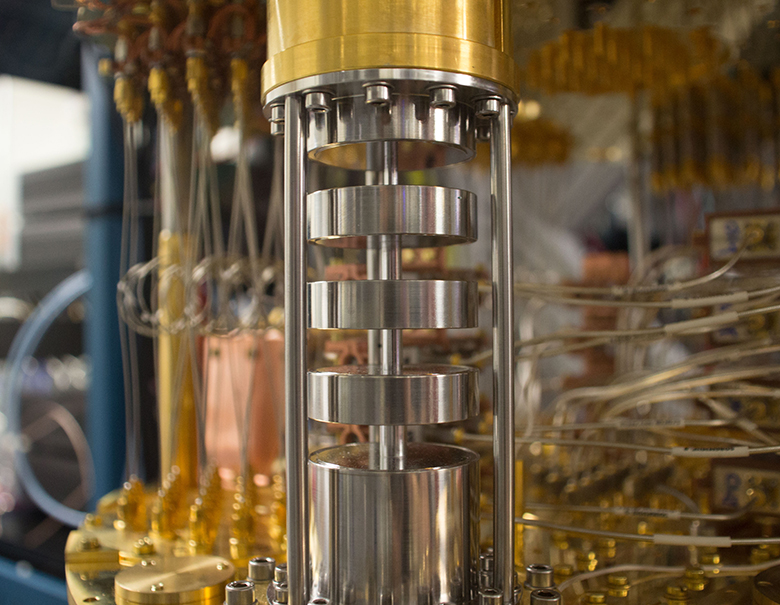The next generation of computing will be based on three different pillars: classical architectures, analog and neuromorphic computing, and quantum computing. The focus of the »Next Generation Computing« (NGC) lab team is on neuromorphic and quantum computing. The researchers are working on new computer and memory architectures for embedded systems as well as high performance computing. The applications under consideration range from control units for autonomous driving to AI-supported ECG analyses in medical technology.
These systems can be implemented in a variety of architectures and implementation styles, such as programmable hardware devices (FPGAs), application specific integrated circuits (ASICs), or application specific instruction set processors (ASIPs). Therefore, simulation models, called virtual prototypes, are used early on to enable targeted hardware-software co-design and exploration of the design space.
The lab also deals with platform architectures for neuromorphic accelerators as well as finding so-called spiking neural networks (SNNs) that are as optimally adapted as possible to the hardware as well as to applications.
In the area of quantum computing, the lab is concerned with hybrid systems, generic software stacks, and benchmarking on demonstrators.


